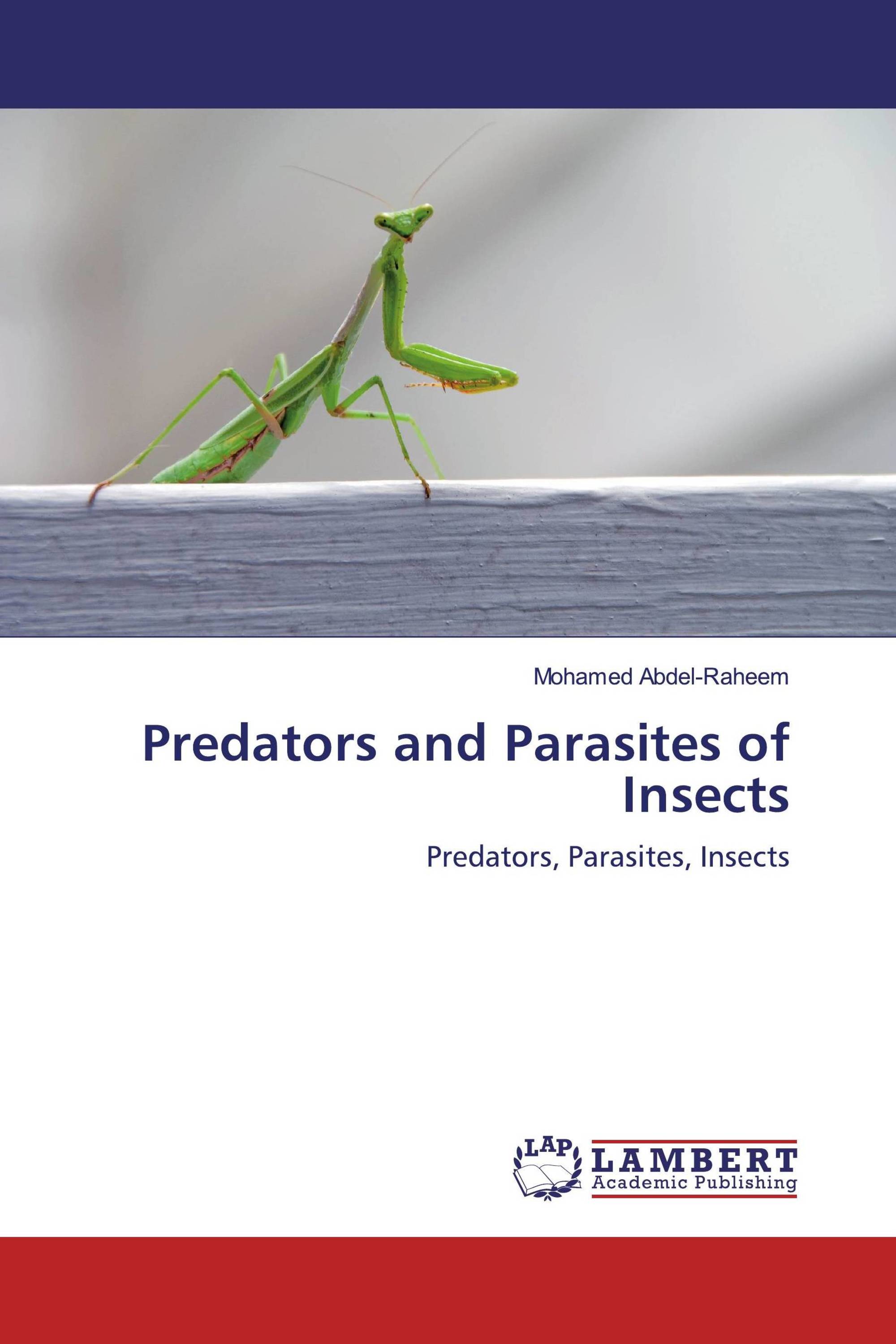Predators and Parasites of Insects
Predators, Parasites, Insects
LAP Lambert Academic Publishing ( 2019-03-15 )
€ 61,90
All insects have natural enemies. Some pests have more — or more efficient—natural enemies than others. Biological control relies on effective natural enemies that can be managed by humans. Types of natural enemies Vertebrate natural enemies of insects include certain birds, such as flycatchers, woodpeckers, purple martins, starlings, and chickens; certain mammals, such as bats, moles, voles, skunks, and hogs; and toads, frogs, and lizards. With a few minor exceptions, these cannot be managed to reduce the populations of pests signify cantly, and they will not be considered further in this publication. Insects that feed on other insects or mites make up the most important group of natural enemies. This is an extremely large and diverse group. Unfortunately, because beneficial insects are often tiny and nondescript, they are frequently overlooked by even the most dedicated practitioners of bio logical control. Only the large, common, or brightly colored species, such as praying mantids and lady beetles, are commonly recognized. Insects that eat other insects are either fly larvae, lay their eggs in the immediate predatory or parasitic.
Book Details: |
|
|
ISBN-13: |
978-620-2-05909-1 |
|
ISBN-10: |
6202059095 |
|
EAN: |
9786202059091 |
|
Book language: |
English |
|
By (author) : |
Mohamed Abdel-Raheem |
|
Number of pages: |
132 |
|
Published on: |
2019-03-15 |
|
Category: |
Agriculture, horticulture, forestry, fishery, nutrition |




